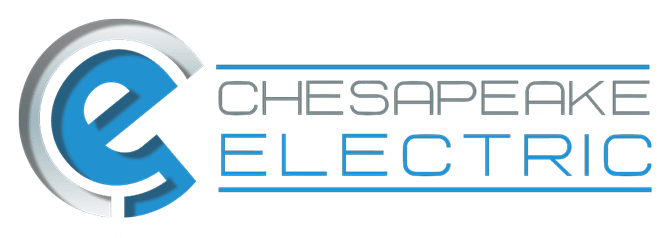Power Outage Playbook for Annapolis Homeowners: What to Do When the Lights Go Out
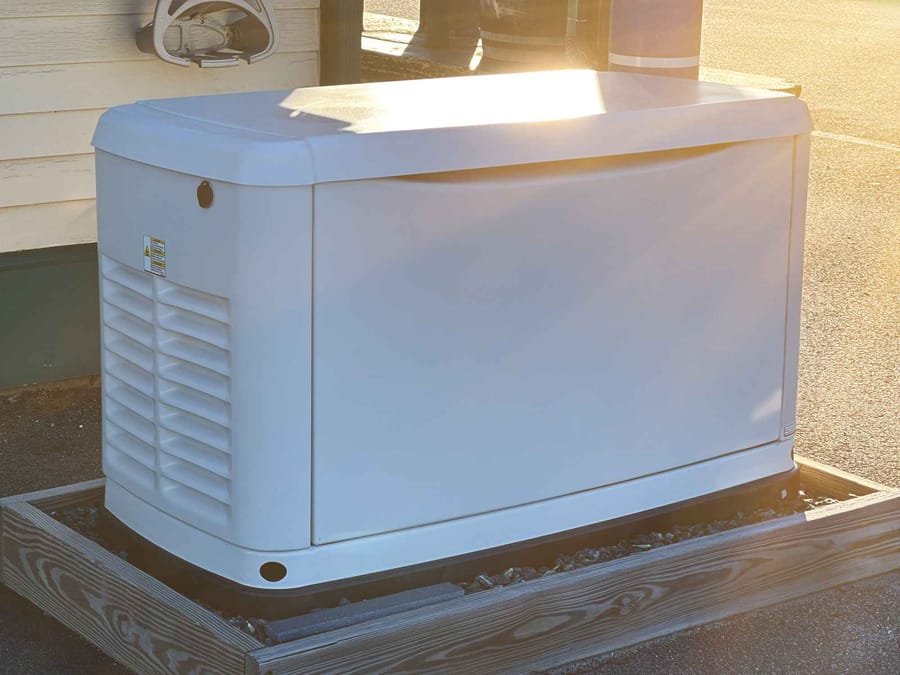
When the lights suddenly go out, most homeowners in Annapolis know the frustration that follows: no air conditioning, no Wi-Fi, and the constant worry about food spoiling in the refrigerator. Between coastal storms, high winds, and aging infrastructure, power outages in Maryland aren’t a matter of if but when.
Being prepared is the best defense against these unexpected disruptions. From knowing the first steps to take to having a reliable generator ready, a power outage plan helps you stay calm, safe, and comfortable when the grid fails.
Generators are the cornerstone of that plan. Whether you use a portable unit or invest in a whole-home standby system, having dependable backup power ensures that your essential systems, like lighting, refrigeration, and HVAC, keep running even when everyone else is in the dark.
This blog will guide you through exactly what to do when the power goes out and how a generator can protect your home, your family, and your peace of mind.
Understanding Why Power Outages Happen in Annapolis
Annapolis is known for its coastal charm, but that waterfront beauty also brings weather patterns that can challenge the local power grid. Understanding what causes outages helps homeowners prepare more effectively and choose the right backup power solutions.
Severe Storms and High Winds
Thunderstorms, tropical systems, and nor’easters frequently hit Maryland’s coastal regions. High winds and lightning can knock down power lines or damage transformers, leading to widespread outages that may last hours or even days.
Fallen Trees and Vegetation
Mature trees and dense vegetation are part of what makes Annapolis neighborhoods so scenic. However, when heavy rain softens the soil or winds pick up, trees can easily fall across power lines, cutting electricity to entire streets. Regular tree trimming and yard maintenance help reduce this risk.
Infrastructure Strain
During periods of extreme heat or cold, energy demand skyrockets as HVAC systems work overtime. Overloaded circuits and aging grid equipment can cause rolling blackouts or unplanned outages.
Coastal Moisture and Salt Exposure
The humid, salty air near the Chesapeake Bay can corrode electrical equipment over time. This exposure shortens the life of outdoor components like service panels and transformers, occasionally leading to local outages or flickering power.
First Steps When the Power Goes Out
When the power cuts out, the first few minutes are crucial. Staying calm and following a clear plan keeps your family safe and helps you determine whether the outage is minor or widespread.
Check Your Neighborhood
Look outside to see if streetlights or nearby homes still have power. If the entire neighborhood is dark, it’s likely a utility issue. If your home is the only one affected, check your circuit breaker panel for tripped switches before calling your power company.
Turn Off Major Appliances
When electricity returns, the sudden surge can damage sensitive equipment. Turn off large appliances like HVAC units, washers, dryers, and ovens, but keep one light on so you’ll know when the power is restored.
Use Flashlights, Not Candles
Candles may seem convenient, but they pose a serious fire risk, especially during stressful moments. Keep flashlights and extra batteries in easily accessible locations for safe, instant lighting.
Report the Outage
Contact BGE (Baltimore Gas and Electric) or your local utility provider to report the outage. Many companies now offer outage tracking apps that show restoration estimates and safety updates in real time.
How Home Generators Keep You Safe and Comfortable
Generators are the backbone of a reliable power outage plan. Whether portable or whole-home, they provide the electricity your family needs to stay comfortable, connected, and safe when the grid goes down.
Portable Generators: A Quick, Flexible Option
Portable generators are ideal for short-term outages. They can power essentials like your refrigerator, sump pump, and a few outlets for lights or electronics. They’re affordable and easy to move, making them a great backup for smaller homes or short disruptions. However, they require manual setup and must be operated outdoors for safety.
Whole-Home Standby Generators: Seamless Backup Power
A whole-home generator offers automatic protection. It connects directly to your home’s electrical system through a transfer switch and activates within seconds of an outage. These systems run on natural gas or propane, meaning you never have to refuel during extended blackouts. They can power your entire home, including HVAC systems, medical equipment, and kitchen appliances, without interruption.
Peace of Mind During Extended Outages
When major storms hit Annapolis, power can stay out for days. Generators ensure you can keep food cold, charge devices, and run heating or cooling systems even when your neighbors are still in the dark. That reliability protects both your comfort and your safety.
Safe Generator Use During a Power Outage
Generators are invaluable during a power outage, but they must be used correctly to ensure safety and reliability. Following a few essential guidelines will protect your home and family while keeping your power running smoothly.
Placement and Ventilation
Always operate generators outdoors and at least 20 feet away from windows, doors, and vents. Never run a generator in a garage, carport, or enclosed area, even with the door open, as carbon monoxide can build up quickly and become deadly. Proper ventilation is critical for safe operation.
Fuel Storage and Handling
Use only the fuel recommended by your generator’s manufacturer, typically gasoline, diesel, natural gas, or propane. Store fuel in approved containers and keep it away from ignition sources. If your generator runs on gasoline, rotate stored fuel every few months to ensure freshness, and allow the generator to cool before refueling.
Proper Connection to Your Home
Never plug a generator directly into a wall outlet. This dangerous practice, known as backfeeding, can cause electrical shock or fire and can endanger utility workers restoring power. Instead, use heavy-duty extension cords rated for outdoor use or, ideally, have a transfer switch installed by a licensed electrician from Chesapeake Electric. A transfer switch safely connects your generator to your home’s electrical panel.
Routine Checks and Maintenance
Before each use, inspect your generator for oil levels, fuel quality, and clean filters. During long outages, give it a short break every few hours to prevent overheating. Routine professional maintenance ensures your generator is ready to perform when you need it most.
Why a Whole-Home Generator Is Worth the Investment
While portable generators are great for short-term power needs, a whole-home standby generator offers a long-term solution that delivers peace of mind, safety, and value for Annapolis homeowners.
Automatic Operation When You Need It Most
One of the biggest advantages of a standby generator is that it turns on automatically. Within seconds of a power outage, the system detects the loss of electricity and restores power to your home without you lifting a finger. That means no scrambling in the dark, no fuel refilling, and no disruption to your comfort.
Reliable Power for the Entire Home
Whole-home generators are powerful enough to keep your essential systems running simultaneously. They can supply electricity to your HVAC system, refrigerator, lights, medical equipment, and even sump pumps, which is crucial during heavy Annapolis rainstorms when flooding risk is high.
Long-Term Savings and Efficiency
Although the upfront investment is higher than a portable unit, standby generators pay off over time. They run on efficient fuel sources like propane or natural gas, require minimal refueling, and prevent costly losses from spoiled food or water damage caused by power interruptions.
Increased Home Value and Protection
Homes equipped with a professionally installed generator are more attractive to buyers and often appraise for higher values. A standby generator also protects sensitive electronics and appliances from voltage surges that can occur when power is restored.
Preparing an Emergency Power Plan
Even with the best generator, a power outage can be stressful if you’re not prepared. A well-organized emergency power plan ensures you have everything you need when the lights go out and that your generator performs safely and efficiently when called into action.
Create a Home Power Checklist
Start with the essentials: flashlights with fresh batteries, a first-aid kit, fully charged power banks, and bottled water. Keep important phone numbers, like Chesapeake Electric, your utility provider, and emergency services, easily accessible.
Protect Sensitive Electronics
Use surge protectors for valuable electronics and appliances. When power returns suddenly, it can create voltage spikes that damage TVs, computers, and HVAC controls. Whole-home surge protection installed by an electrician offers the best defense.
Plan for Critical Devices
Identify which appliances and systems are most important during an outage. That list may include your refrigerator, heating and cooling equipment, medical devices, sump pumps, or home security systems. Label these circuits so you know exactly what your generator needs to support.
Keep Your Generator Ready
Generators require maintenance, just like any other appliance. Test your generator monthly, check fuel and oil levels, and schedule a professional inspection at least once a year. Knowing it’s ready to go gives you confidence when storms roll in.
Train Your Household
Everyone in your home should know basic outage safety, such as how to use flashlights, where the generator is located, and who to call for help. A few minutes of preparation can make a big difference when every second counts.
Stay Powered and Protected with Chesapeake Electric
Power outages are inevitable in Annapolis, but losing comfort and safety doesn’t have to be. With the right plan and the right generator, you can keep your home running smoothly through any storm or blackout.
A reliable generator ensures your lights stay on, your food stays fresh, and your essential systems stay operational. Combined with a clear emergency plan and professional installation, it’s one of the smartest investments a homeowner can make.
Chesapeake Electric specializes in generator installation, maintenance, and safety inspections for Annapolis homeowners. Our licensed electricians help you choose the perfect system for your needs and ensure it’s ready when you need it most. Schedule your generator consultation today and keep your home powered, protected, and prepared, no matter what the weather brings.
Recent Posts
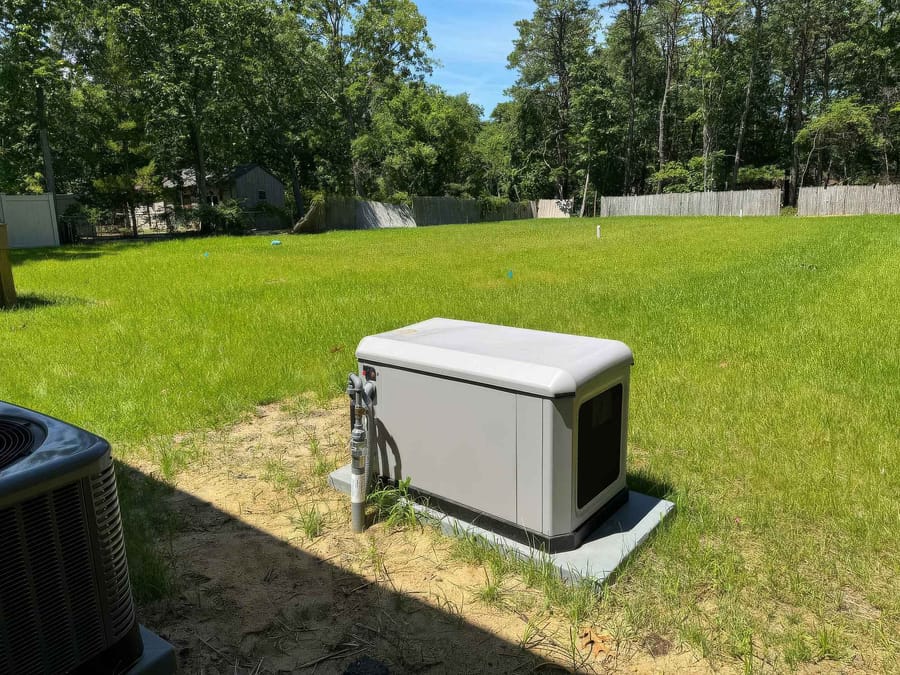
October 29, 2025
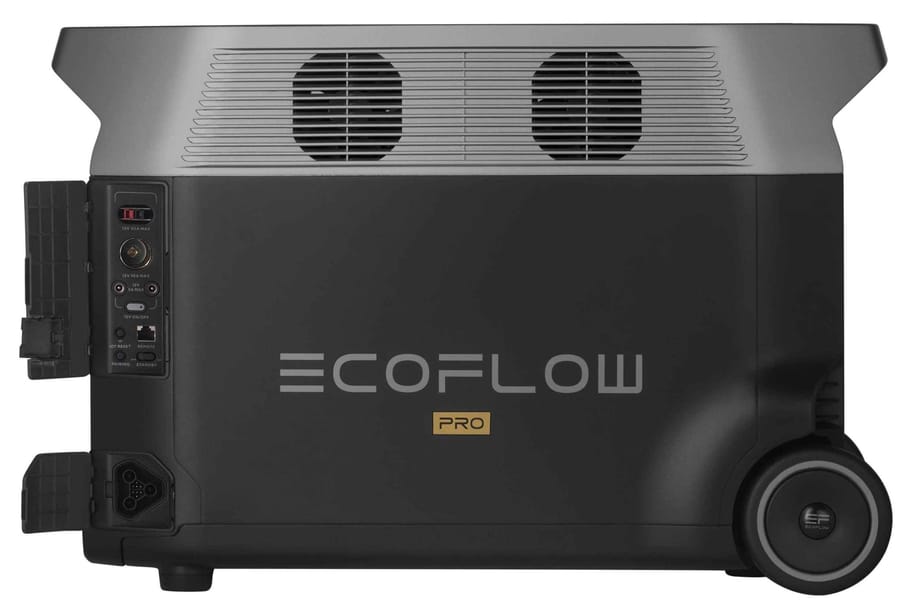
October 29, 2025

October 29, 2025
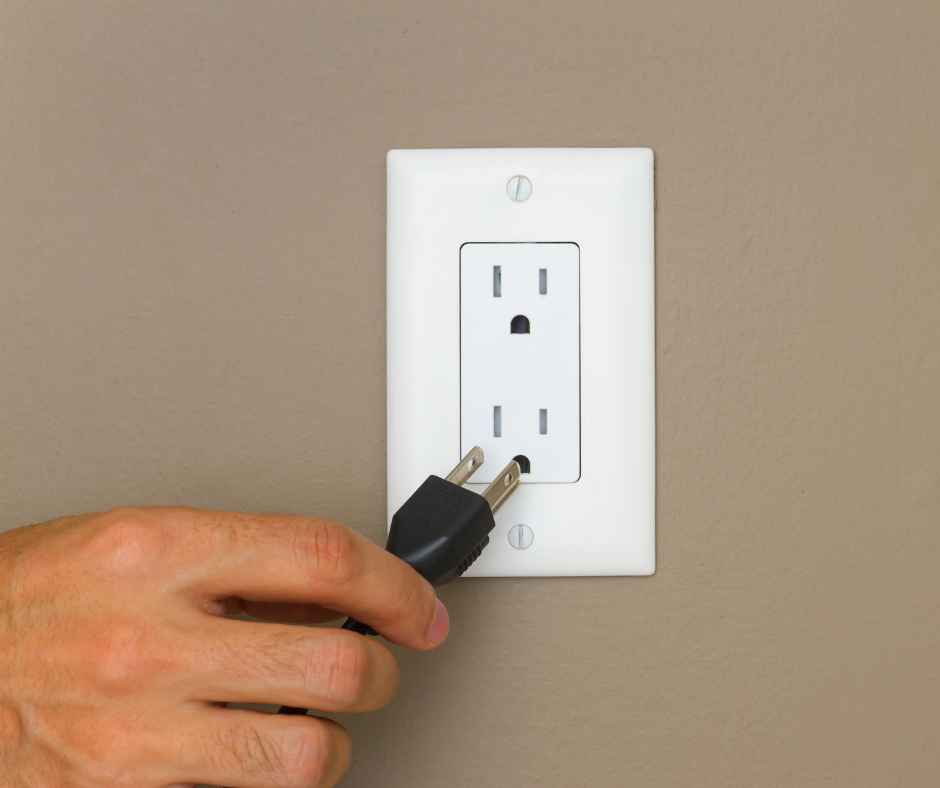
September 26, 2025
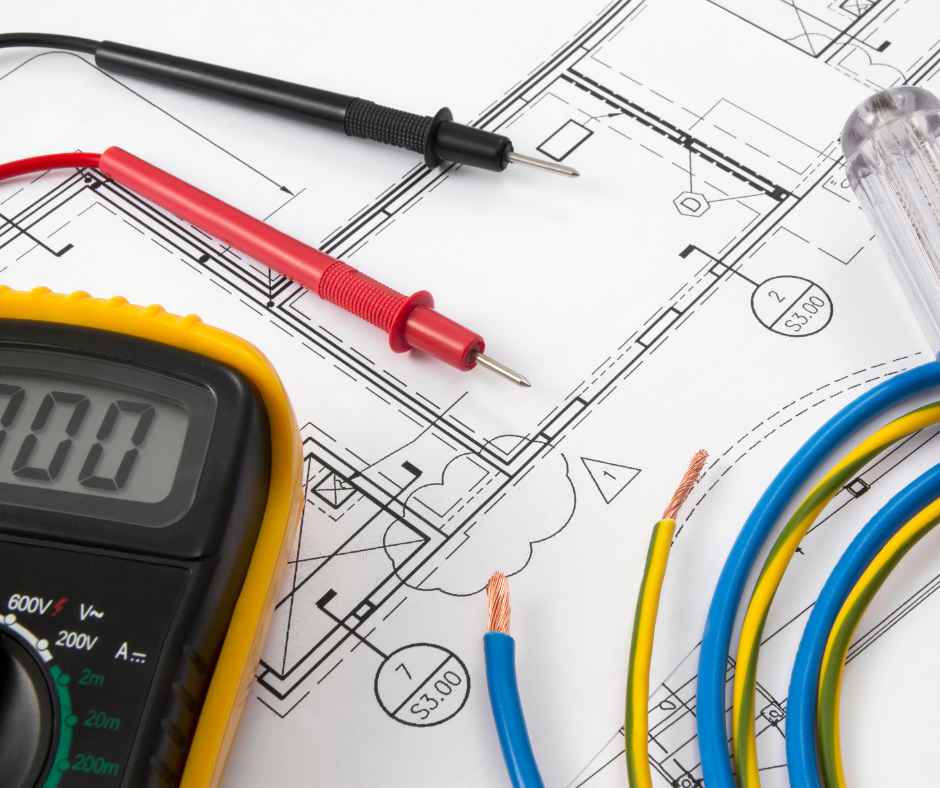
September 18, 2025
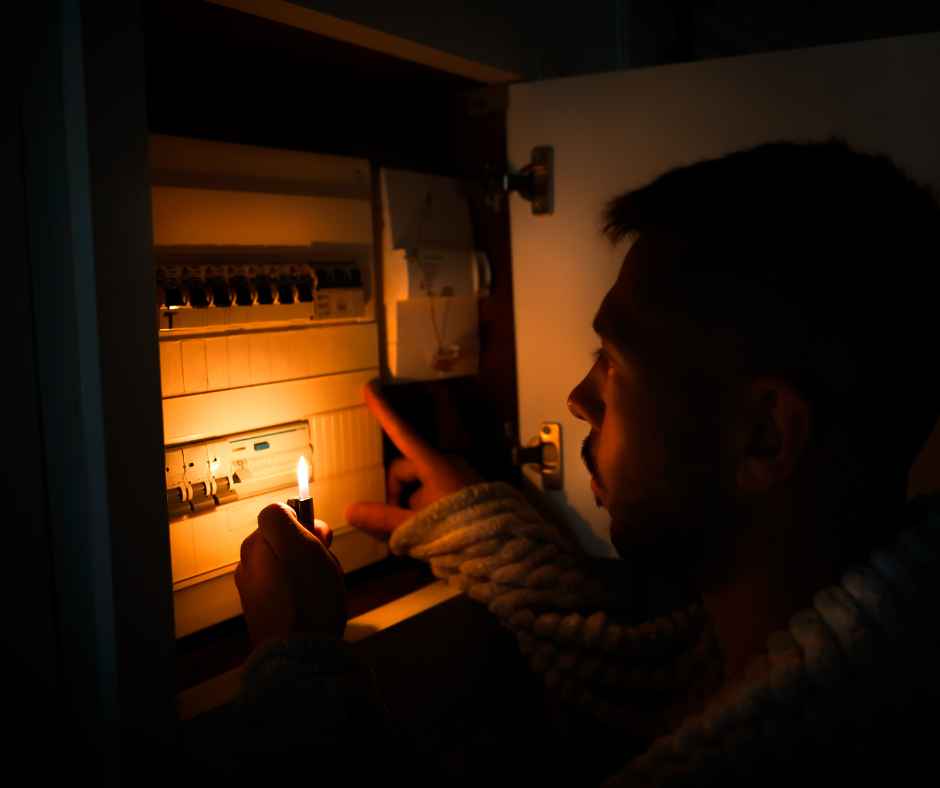
September 10, 2025
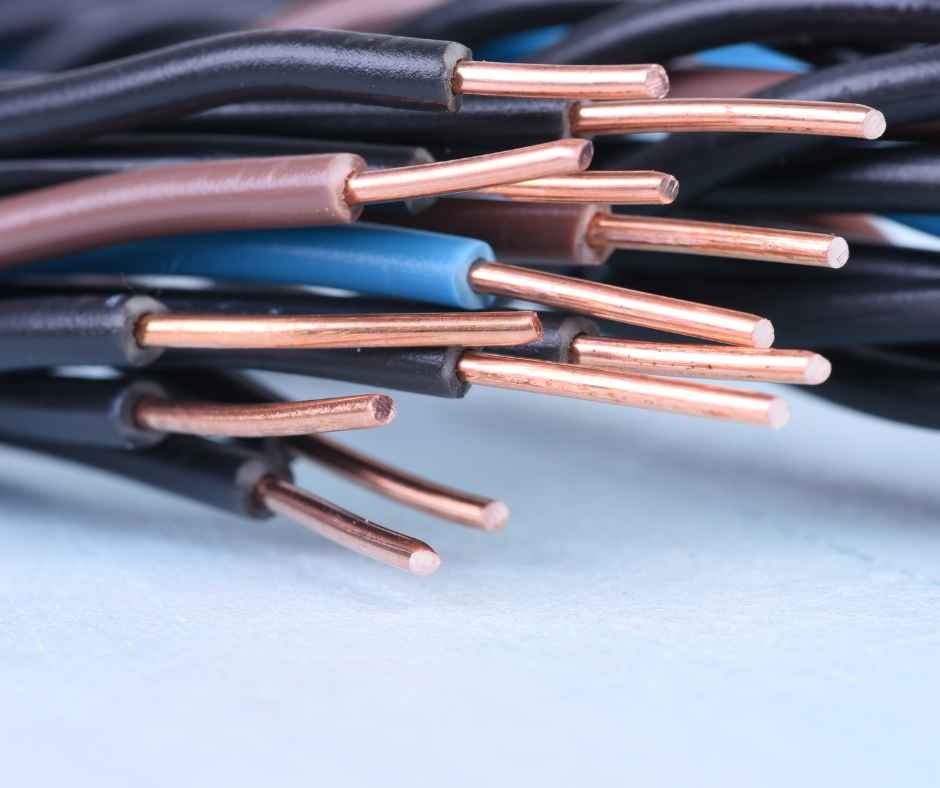
August 27, 2025
